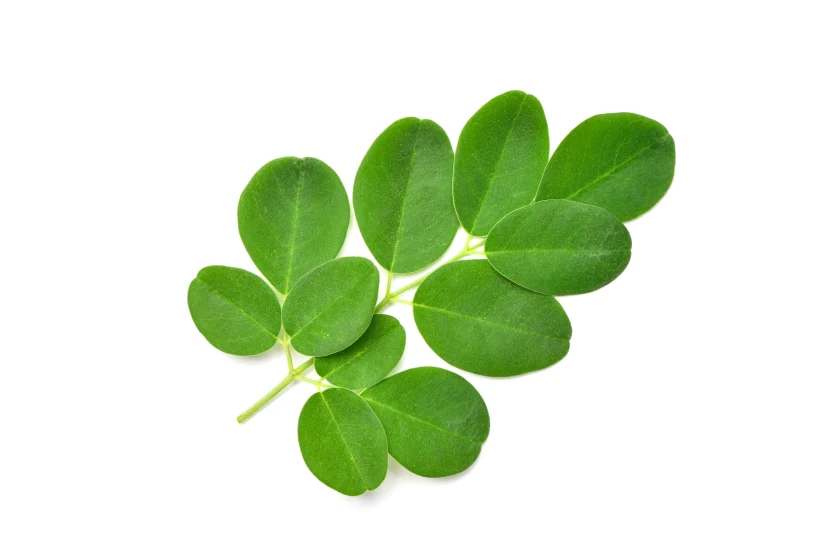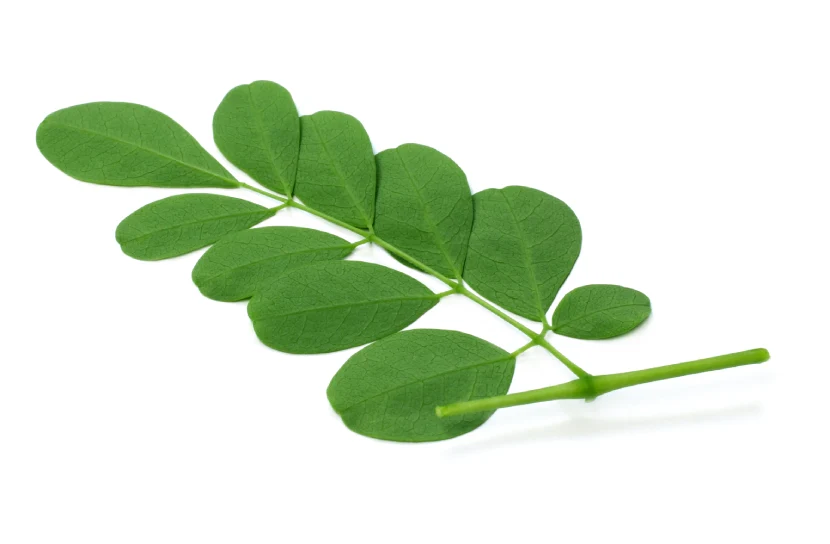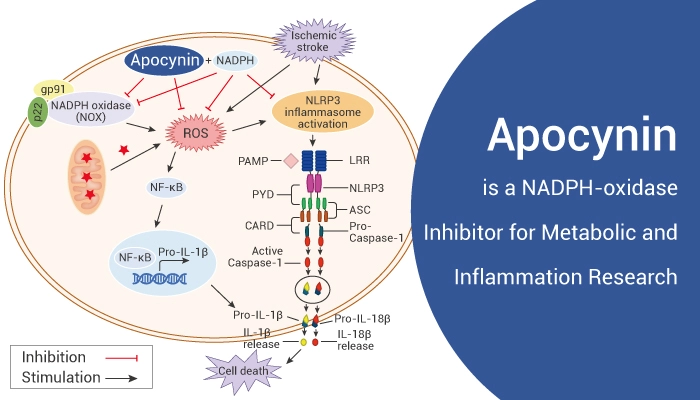What is Moringa Leaf Powder?
Origins and Plant Information
Moringa oleifera, commonly known as the “miracle tree” or “drumstick tree,” has been valued for centuries in traditional medicine and nutrition across parts of Africa and Asia. This remarkable plant has gained global recognition in recent years, with its powdered leaf form becoming increasingly popular as a nutritional supplement.
From Leaf to Powder
The journey from fresh leaves to powder involves a careful harvesting and processing method. Fresh moringa leaves are thoroughly cleaned and dried at controlled temperatures to preserve their nutritional value. These dried leaves are then ground into a fine, green powder. The highest quality products come from leaves harvested at their nutritional peak and processed within hours of collection.
Different Forms Available
While the powdered form offers the most versatility, moringa is available in several preparations. You can find organic moringa leaf capsules, moringa leaf tea bags, and various extracts in the market. Each form offers unique benefits and convenience, though many consumers prefer the powder form for its versatility and cost-effectiveness.
Nutritional Profile
Essential Vitamins and Minerals
Moringa leaves are exceptionally rich in nutrients. They contain:
- Seven times more vitamin C than oranges
- Four times more vitamin A than carrots
- Four times more calcium than milk
- Three times more potassium than bananas
- Three times more iron than spinach
Antioxidants and Bioactive Compounds
The leaves contain powerful antioxidants including quercetin, chlorogenic acid, and beta-carotene. These compounds help fight free radicals and reduce oxidative stress in the body. Organic moringa products, in particular, may contain higher levels of these beneficial compounds due to the absence of pesticides and chemical fertilizers.
Comparison with Other Superfoods
When comparing moringa with other superfoods, it stands out for its comprehensive nutrient profile. Unlike single-nutrient supplements, moringa provides a broad spectrum of nutrients in natural, bioavailable forms. While both parts are nutritious, moringa leaves contain higher levels of vitamins and minerals compared to the seeds.
Health Benefits and Scientific Evidence
General Health Benefits
Research supports numerous health benefits of this superfood:
- Immune system support
- Enhanced energy levels
- Improved digestion
- Better sleep quality
- Skin health improvement
Specific Medical Applications
Studies have shown promising results regarding moringa leaf and blood pressure regulation. The high potassium content and antioxidant compounds may help maintain healthy blood pressure levels. Additionally, research has explored the connection between moringa leaf and weight loss, with studies suggesting it may help support healthy metabolism.
Research-Backed Claims
While many benefits are traditionally known, modern science continues to validate these claims through clinical studies. The potential effects on weight management, for instance, have been the subject of several research papers, though more studies are needed for conclusive evidence.
Weight Management and Metabolism
Impact on Weight Loss
The relationship between moringa and weight management has garnered significant attention. Its high fiber content helps promote satiety, while its nutrient density supports healthy metabolism. When combined with a balanced diet and regular exercise, organic moringa supplements may support weight management goals.
Blood Pressure and Cardiovascular Health
Clinical Studies
Recent research has highlighted the potential cardiovascular benefits of moringa leaf powder. Several clinical studies have investigated its effects on blood pressure regulation, with promising results. The high content of nitrates and potassium in the powder appears to support healthy blood vessel function. These studies typically involved participants consuming 1-2 teaspoons of organic moringa leaf powder daily over several weeks, showing moderate improvements in blood pressure readings. However, it’s important to note that these studies are still preliminary, and more research is needed for definitive conclusions.
Recommended Usage
For those interested in using moringa leaf powder for cardiovascular support, consistency is key. Health practitioners often recommend starting with half a teaspoon daily and gradually increasing to one teaspoon twice daily. The best moringa leaf powder can be easily incorporated into smoothies, juices, or sprinkled over foods. Many users find morning consumption most beneficial, though the timing can be adjusted to individual preferences and schedules.
Precautions
While generally safe, individuals on blood pressure medications should consult healthcare providers before adding moringa supplements to their routine, as the combination might affect blood pressure levels more than intended.
Pregnancy and Breastfeeding Considerations
Safety During Pregnancy
The relationship between moringa leaf and pregnancy has been a topic of significant interest. Traditional cultures have long used moringa leaf tea to support maternal health, but modern research provides mixed guidance. While the nutritional benefits are clear, pregnant women should exercise caution. The best approach is to consult with healthcare providers before using any form of moringa, whether it’s organic moringa leaf capsules or the powder form.
Nutritional Benefits
When cleared by healthcare providers, moringa leaf powder can offer valuable nutrients during pregnancy and breastfeeding. Its high iron content may help prevent anemia, while its calcium supports bone health for both mother and developing child. The powder’s rich folate content is particularly beneficial during early pregnancy stages. Many women report increased energy levels and better milk production when using appropriate amounts of organic moringa leaf tea or powder during breastfeeding.
Usage Guidelines
For expecting mothers who have received medical clearance, starting with minimal amounts is crucial. A quarter teaspoon of the best organic moringa leaf powder daily is often recommended initially, with potential increases based on individual tolerance and medical supervision.

Different Forms and Products
Powder vs. Capsules
While moringa leaf powder offers the most versatility, moringa leaf powder capsules provide convenience for those with busy lifestyles. The powder form allows for flexible dosing and easy incorporation into foods and beverages, while capsules offer precise dosing and portability. When choosing between forms, consider that the powder might be more economical and versatile, though capsules might be more convenient for travel and consistent dosing.
Tea Preparations
Moringa leaf tea bags have gained popularity as a refreshing and nutritious beverage option. The tea can be prepared hot or cold, and many users report it has a mild, pleasant taste. Some prefer to make fresh tea using loose moringa leaf powder, which allows for customized strength. For the best results, use water just below boiling temperature and steep for 3-5 minutes. Adding honey or lemon can enhance both taste and benefits.
Extract Options
Moringa leaf extract represents a concentrated form of the plant’s beneficial compounds. While more expensive than powder or tea forms, extracts often provide higher concentrations of certain beneficial compounds. However, it’s important to note that whole leaf powder generally offers a more complete nutritional profile compared to extracts.
How to Choose the Best Product
Organic vs. Regular
When selecting moringa leaf powder, the choice between organic and conventional products deserves careful consideration. Organic moringa leaf powder typically contains fewer pesticide residues and may retain more beneficial compounds. While organic options often cost more, many consumers find the additional investment worthwhile for potential quality benefits. Look for certified organic products from reputable manufacturers to ensure you’re getting authentic organic moringa leaf powder.
Quality Indicators
Production Methods
One of the most crucial aspects in choosing moringa leaf powder is understanding how it’s produced. The best organic moringa leaf powder comes from manufacturers who control the entire production process – from cultivation to packaging. High-quality producers typically harvest leaves in the early morning, wash them carefully, and dry them at controlled temperatures below 120°F (49°C) to preserve nutrients. This careful attention to processing helps maintain the powder’s vibrant green color and nutritional potency.
Top Brands Review
When evaluating brands, consider factors beyond price. Leading manufacturers provide detailed information about their sourcing and processing methods. Look for companies that:
- Conduct regular quality testing
- Use sustainable farming practices
- Provide clear harvesting and processing information
- Offer transparent lab testing results Many consumers find that established brands producing organic moringa leaf capsules and powder forms tend to deliver more consistent quality, though some smaller, dedicated producers also offer excellent products.
Preparation and Usage Guide
Making Moringa Leaf Powder at Home
For those interested in how to make moringa leaf powder at home, the process requires careful attention to cleanliness and drying conditions. Fresh leaves should be thoroughly washed and dried in a well-ventilated area away from direct sunlight. While home production can be rewarding, it’s challenging to achieve the same consistency and quality as professional manufacturers. The process typically involves:
- Careful leaf selection and cleaning
- Proper drying at controlled temperatures
- Fine grinding using appropriate equipment
- Proper storage in airtight containers
Tea Brewing Methods
Creating the perfect cup of moringa leaf tea requires attention to detail. For the best results with organic moringa leaf tea, use water heated to just below boiling (around 175°F/80°C). Steep for 3-5 minutes for a balanced flavor, or longer for stronger tea. The powder form can also be used to make tea – simply whisk a quarter teaspoon into hot water. Some creative brewing methods include:
- Cold brewing overnight for a refreshing drink
- Combining with other beneficial herbs like mint or ginger
- Adding to smoothies for an nutritional boost
- Creating ice tea variations for summer refreshment
Dosage Recommendations
When starting with moringa leaf powder, begin with small amounts and gradually increase based on tolerance. A typical starting dose is:
- Morning: 1/2 teaspoon in water or smoothie
- Afternoon: 1/2 teaspoon in tea or food For those using moringa leaf powder capsules, follow the manufacturer’s recommended dosage, typically 1-2 capsules twice daily.

Incorporating Moringa into Daily Life
Recipe Ideas
The versatility of moringa leaf powder makes it easy to incorporate into various recipes:
- Breakfast Options:
- Smoothie bowls with fruits and moringa
- Overnight oats with a moringa boost
- Morning tea with moringa and lemon
- Main Dishes:
- Soups and broths enhanced with moringa
- Rice or quinoa dishes with added powder
- Homemade pasta with moringa incorporation
- Snacks and Beverages:
- Energy balls with dates and moringa
- Homemade granola bars
- Refreshing moringa lemonade
Storage Tips
Proper storage is crucial for maintaining the potency of moringa leaf powder. Keep it in an airtight container in a cool, dark place. Avoid exposure to:
- Direct sunlight
- Moisture
- High temperatures
- Strong odors When stored properly, the powder typically maintains its potency for up to one year.
Potential Side Effects and Contraindications
Common Side Effects
While generally considered safe, some individuals may experience mild side effects when first introducing moringa supplements into their diet. Common reactions might include:
- Digestive adjustments like mild nausea or diarrhea
- Temporary changes in bowel movements
- Mild headaches These effects typically subside as the body adjusts. Starting with small amounts and gradually increasing intake can help minimize these reactions.
Drug Interactions
Like many natural supplements, moringa may interact with certain medications. Particular attention should be paid to:
- Blood thinning medications
- Thyroid medications
- Diabetes medications
- Blood pressure medications Always consult healthcare providers about potential interactions, especially if taking prescription medications.
Who Should Avoid It
While moringa offers numerous benefits, certain groups should exercise caution or avoid its use:
- Those with severe kidney or liver conditions
- People with known allergies to plants in the Moringaceae family
- Individuals scheduled for surgery (discontinue use 2 weeks before)
- Those with hormone-sensitive conditions
FAQs
General Questions
Q: How long does it take to see benefits from taking moringa leaf powder?
A: Individual results vary, but most people report noticeable improvements in energy levels within 2-4 weeks of consistent use.
Q: Can I take moringa supplements while fasting?
A: Yes, but it’s best to start with small amounts and observe how your body responds.
Q: Is there a difference between moringa seed vs moringa leaf products?
A: Yes, while both are beneficial, leaves generally contain higher levels of vitamins and antioxidants, making them more popular for daily supplementation.
Usage Queries
Q: What’s the best time to take moringa supplements?
A: Morning consumption is most common, but they can be taken any time of day. Consistency matters more than timing.
Q: Can I mix moringa with other supplements?
A: Generally yes, but space out consumption of different supplements throughout the day for optimal absorption.
Safety Concerns
Q: Is organic moringa leaf powder safe for children?
A: While nutritious, consult pediatricians before giving moringa to children, as dosing requirements differ.
Q: Can moringa affect sleep?
A: Most people don’t experience sleep disturbances, but some find it energizing and prefer not to take it close to bedtime.
Conclusion
Moringa stands out as a remarkable superfood with a wide range of potential benefits. When choosing and using moringa products, remember these key points:
- Select high-quality, preferably organic products from reputable manufacturers
- Start with small doses and increase gradually
- Be consistent with usage for optimal results
- Pay attention to your body’s response
- Consult healthcare providers when necessary
While the benefits of moringa are impressive, it’s important to maintain realistic expectations. This supplement works best as part of a balanced diet and healthy lifestyle, not as a miracle cure. With proper use and attention to quality, moringa can be a valuable addition to your daily wellness routine.
Remember that individual experiences may vary, and what works best for one person may not be ideal for another. Listen to your body and adjust usage accordingly. As research continues to explore the potential of this remarkable plant, we may discover even more benefits in the future.



